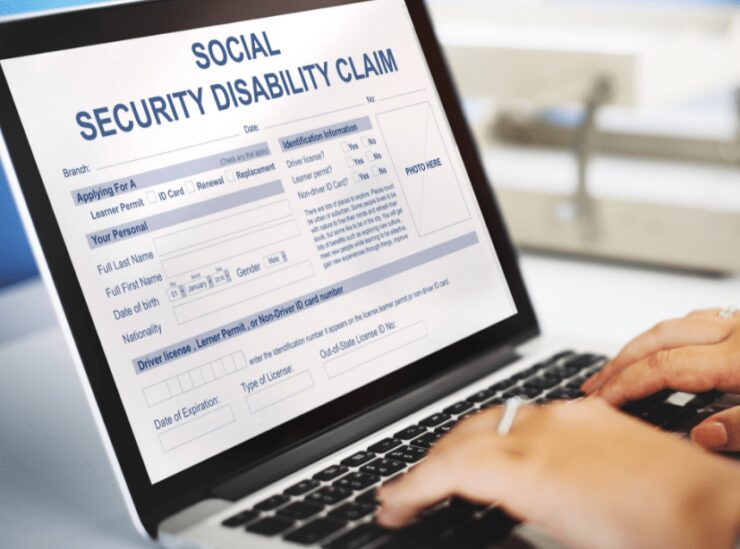Social Security Disability Insurance, or SSDI as its commonly referred to, is a tax-funded federal insurance program.
It’s available to all eligible US citizens. And, it exists to give income supplements to people with physical restrictions that affect their ability to work.
However, it has to be a significant disability that allows a person to qualify for these state benefits.
So, let’s delve a little deeper into SSDI and discuss who is eligible.
How Does SSDI Work?
The Social Security Disability Insurance (SSDI) program is funded by FICA (Federal Insurance Contributions Act) payroll taxes. You earn the possibility of claiming SSDI by collecting enough work credits throughout your career.
An individual has to be under 65 years old and have a serious disability as defined by the Social Security Administration to be eligible for SSDI.
Furthermore, federal law has a very stringent definition of disability, requiring that the medical condition last for at least a year or result in death. People with partial or short-term disabilities are not eligible for social security payments.
Application Options
To apply for SSDI, you have three options.
You can either:
- Make an online application
- Go to your local social security office in person
- Make an application over the phone
Bear in mind; the option of visiting an office may be limited or unavailable during a time of a pandemic.
The Application Process
You can register for SSDI services as soon as you become disabled. From the time you apply to the time you receive your first SSDI payment, there is typically a five-month waiting period. However, sometimes disability applications can take as little as three months to be processed.
Additionally, suppose your social security disability application gets denied for any reason. In that case, you will face further delays if you want to appeal in the multiple-step process they have in place.
Now, once you’ve put in your application, The Social Security Administration will review some initial factors to see if you qualify for being assessed.
If you meet the relevant parts of these criteria, the office worker you’re dealing with will submit your application to your state’s Disability Determination Services (DDS) office. Their job will be to assess your medical case and application.
If your claim is accepted, you will receive a letter detailing the approval, the sum of monthly benefits you’ll receive, and the date when it starts.
Who Is Eligible for SSDI?
Here are some questions that you will need to answer to determine whether you or someone else is eligible for SSDI.
- What is your current work status?
- How severe is your condition?
- Is your condition listed to be eligible for SSDI?
- Can you perform your previous employment reasonably?
- Can you carry out any other type of work?
These might not be the exact questions asked, but they can give you a good idea of what to expect in the application process.
An excellent way to maximize the success of your claim is to discover expert SSDI attorneys to represent your claim.
We should also mention there are compassionate allowances available for some. These are benefits given to successful applicants quicker than usual due to their medical condition, obviously inhibiting their capabilities to work and quality of life.
Are You Eligible for SSDI?
Whether it’s you, a friend, or a loved one that’s applying for SSDI, make sure you do your research first. And if you’re not confident about making a claim yourself, social security disability attorneys are a solid option to consider.
Thanks for reading, and please check out our blog for other helpful content.




























